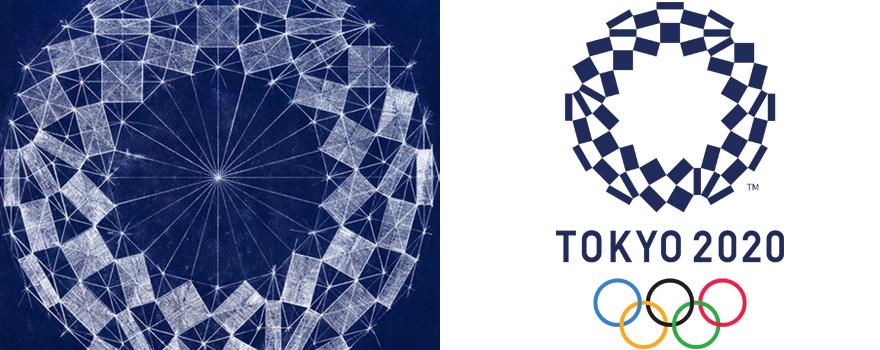
COMMENTARY / Juan Luis López Aranguren
If traditional diplomacy is understood as relations exercised between official representatives of states, in recent years a new concept of diplomacy has gained popularity and has become increasingly important in relations between nations: cultural diplomacy. Assuming that culture is the vehicle through which nations communicate with each other, cultural diplomacy is the exchange of culture, ideas and information that nations around the world engage in to achieve mutual understanding in order to advance the building of a more just and stable world. In this context, the celebration of the Olympic Games is one of the most important cultural diplomacy events that a nation can achieve to project and share its culture and identity with the rest of the world. In this sense, Japan reaffirmed its position as a global benchmark in this diplomacy with its public appearance at the closing ceremony of the Rio 2016 Olympic Games. Japanese Prime Minister Shinzo Abe appeared in the guise of the world-famous character Mario to pick up the baton for the Tokyo 2020 Olympics. In this way, Japan used an icon of Japanese pop culture to project its cultural identity to the entire world.
In this dimension of soft power or cultural diplomacy, the Olympic Games are the greatest exponent of it. Already at their origin, in 776 BC, the Olympic Games proved to be a diplomatic tool of extraordinary strength by forcing a sacred truce between the different city-states participating in them. Therefore, from the very beginning, it was possible to achieve international political objectives by using this cultural tool . This measure was observed to the extent that if any city-state violated this truce, its athletes were expelled from the competition.
This same demonstration has been repeated in more recent times, demonstrating that the Olympics have been a diplomatic battleground throughout history. In 1980 the US and 65 other countries boycotted the Moscow Olympics in protest at the USSR's invasion of Afghanistan. In retaliation, the USSR and 13 other states boycotted the next Olympics in 1984 in Los Angeles.
The upcoming Tokyo 2021 Olympic Games (delayed by one year due to the pandemic) do not carry any controversy from this subject. Instead they have been conceived as a historic opportunity for the country to reinvent itself internally and globally after the Fukushima (or Great East Japan Earthquake) catastrophe. C To this end, an official project graduate Tokyo 2020 Action & Legacy Plan 2016 has been launched, which aims to achieve three objectives: firstly, to maximise the connection of Japanese citizens and communities with the Tokyo Olympics. Secondly, to maximise cultural projection both nationally and globally. Thirdly and lastly, to ensure a valuable bequest for future generations, as was the case with the Tokyo 1964 Olympic Games.
These three objectives set out by the Japanese government will be manifested in five dimensional pillars on which action will be taken. These five pillars are articulated in the manner of Olympic rings, intertwining with each other and strengthening the domestic and international impact of these Olympic Games. These dimensions are, starting with the most immediate to the purely sporting aspect itself, the promotion of sport and health. The second, connecting with culture and Education. The third, also of great importance for its potential to reform Tokyo in particular and Japan in general, is urban planning and sustainability. Not surprisingly, the Japanese government and the Tokyo Metropolitan Government have made great efforts to build ambitious infrastructure to accommodate the Olympics, even to the extent of relocating the famous and iconic Tsukiji fish market that has been a symbol of the city since 1935. Fourthly, the Olympics will be used to revive Economics and technological innovation, in the same way as the 1964 Tokyo Olympics did when it showcased the first Shinkansen or bullet trains that have become one of Japan's technological icons. Finally, fifthly, Japan saw the Olympics as an opportunity to overcome the crisis and trauma caused by the Fukushima disaster (a catastrophe that is referred to in Japan as the Great East Japan Earthquake).
In addition to these five objectives, which range from the more specific to the more general, a sixth goal or unofficial dimension will be added in 2020: to project Japan's recovery from the COVID pandemic both domestically and internationally. In this sense, the Olympic Games will not only be a symbol of overcoming a particular Japanese disaster, but may also enable Japan to position itself as a model in the management against the pandemic and in promoting economic recovery.